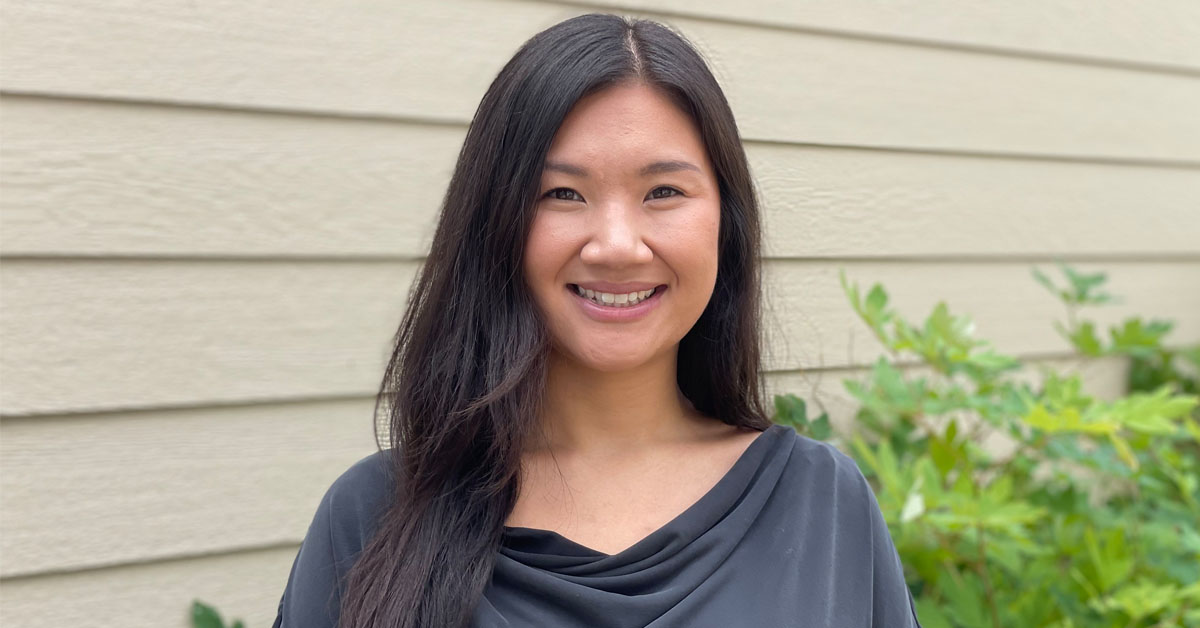Make healthier communities possible through improved nutrition.
The Public Health Nutrition MPH program is for students dedicated to creating healthy communities that promote active living and healthy eating. The curriculum focuses on food access, community nutrition interventions, health disparities, and public health nutrition policies. The program offers interdisciplinary education with access to diverse courses and faculty. Students can specialize in areas like maternal and child nutrition, nutrition epidemiology, nutrition policy, or obesity prevention to align with their interests and career goals.
The Public Health Nutrition program has two track options. The traditional program track is the regular MPH curriculum with a focus on public health nutrition. The coordinated program track is the same public health nutrition curriculum, plus a 1000-hour ACEND-credentialed supervised practice experience to qualify for the registered dietitian credentialing exam. See the curriculum differences between the two tracks.



